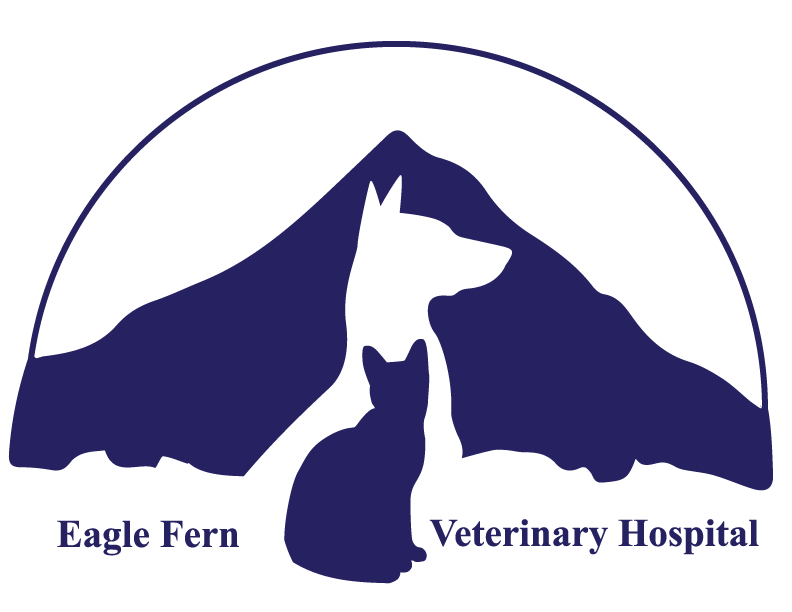 Senior Dog Health Care Senior Dog Health Care
.jpg)
Your pet cat or dog is considered a senior if it is 8 years or older. With advances in diagnostics, therapies and nutrition, senior pets are able to live longer, higher quality lives.
Common senior diseases include arthritis, obesity, dental disease, heart disease, cataracts, urinary incontinence, cancer, kidney failure, diabetes, anemia, liver disease and thyroid disorders. Earlier detection of disease allows us to treat and prevent many diseases.
You may note signs of disease:
- Limping, stiffness, difficulty climbing stairs
- Loss of house training, urinary incontinence
- Increased thirst or urination
- Confusion, disorientation, changes in sleep patterns, or no longer greets family members
- Constipation or diarrhea
- Bad breath or dental disease
- Decreased appetite, weight change
- Vomiting
- Seizures
- Coughing
- Vision or hearing problems
- Skin lumps
Please mention any of these symptoms to the technician or doctor during the history taking of your pet.
We recommend all senior pets be examined every 6-12 months. In addition to a physical exam, screening blood and urine tests give a more complete picture of overall health. If abnormalities are found additional diagnostics may need to be done or tests repeated at a later date to monitor the disease.
1) Complete physical exam
2) Vaccination for DHP/Parvo - after initial series vaccinate in one year then every 3 years
(distemper, hepatitis, parainfluenza, parvo; recommended for all dogs)
3) Vaccination for Leptospirosis if dog is at risk
(if outdoors, hunts, has access to waterways or area inhabited by raccoons, opossum, skunk, cattle, or pigs)
4) Vaccination for Bordetella - inital series of two then revaccinate every year
(if anticipating boarding, grooming, obedience school, #2 in 2-4 weeks then annually)
5) Vaccination for Lyme Disease - inital series of two then revaccinate every year
(if anticipating high tick exposure or visiting Northeast or Upper Midwest)
4) Vaccination for Rabies - after initial vaccination revaccinate in one year then once every 3 years
5) Heartworm test and preventive medication refill - medicate monthly and retest once a year
6) Intestinal parasite exam. Refill monthly deworming medication for roundworm, hookworm and tapeworm
7) Health screen blood test to establish a baseline and check for any early organ dysfunction - repeat every 6 months when 7 years or older.
8) Flea control - medicate monthly
9) Professional teeth cleaning once a year after dog is 2 years of age
10) Clackamas County License
11) Spay or neuter with pre-anesthetic bloodwork
12) Microchip identification (to help your dog find its way home if lost)
| 
.jpg)
